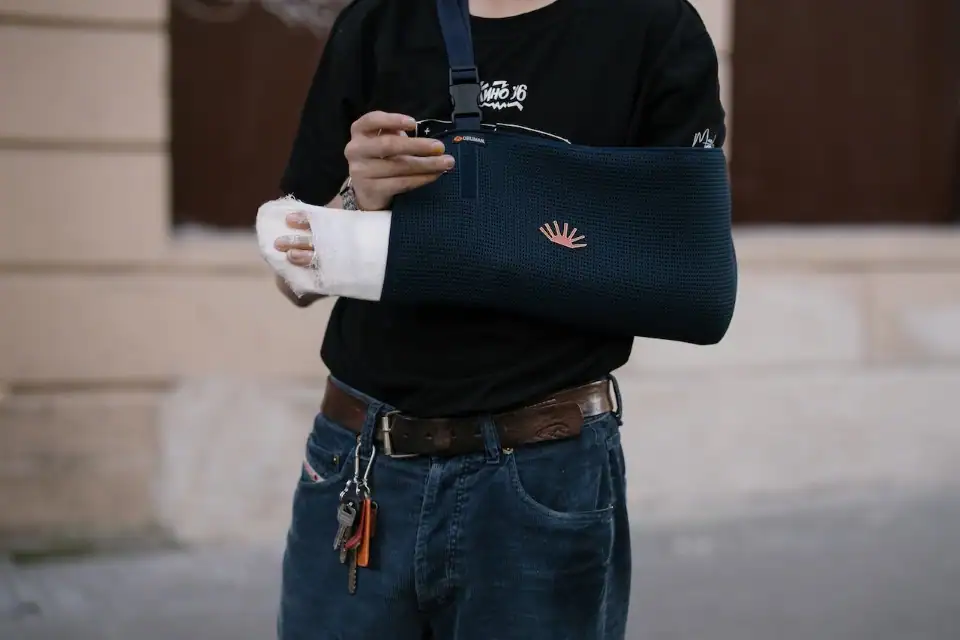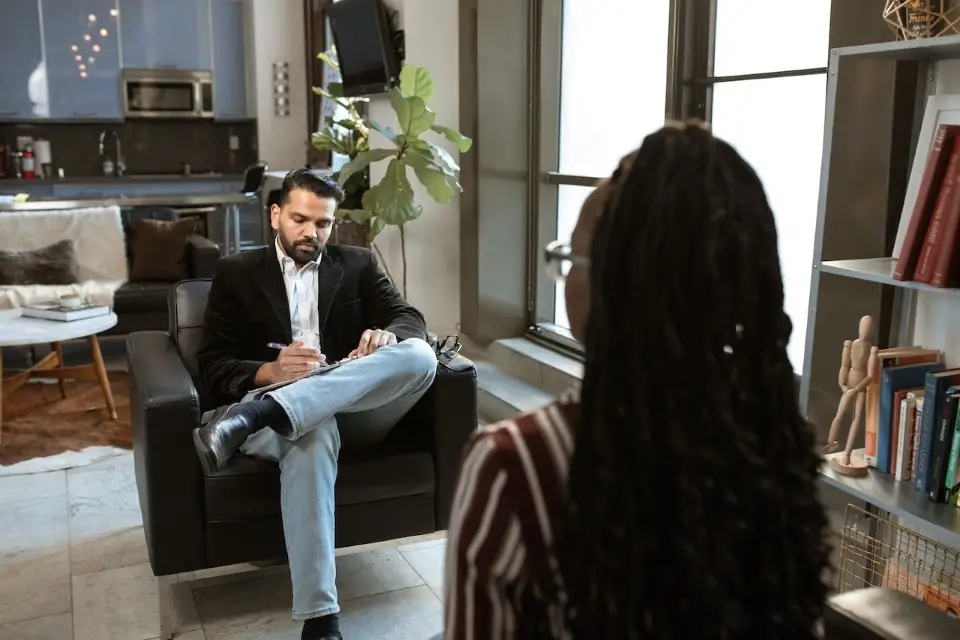Personal injury law is a broad area of law that deals with injury claims resulting from various types of accidents, including car accidents, slip and falls, and medical malpractice. These claims can be complex and require extensive legal knowledge and expertise to be resolved. As such, personal injury paralegals play a crucial role in the litigation process.
What is Personal Injury Law and What Does a Paralegal Do?
Definition of Personal Injury Law
Personal injury law covers claims that arise when an individual suffers injuries, either physically or psychologically, as a result of another person’s negligence or intentional actions. The aim of personal injury law is to provide compensation for these injuries and losses.
Role of a Personal Injury Paralegal
A personal injury paralegal is a legal professional who assists attorneys in all aspects of personal injury litigation. A paralegal plays a crucial role in investigating claims, drafting legal documents, and managing cases. Without paralegals, attorneys would have a difficult time handling the complexities of personal injury law.
Job Duties of a Personal Injury Paralegal
The responsibilities of a personal injury paralegal vary from job to job, but some common tasks include:
- Conducting legal research
- Interviewing clients and witnesses
- Preparing pleadings and motions
- Assisting with discovery requests
- Reviewing medical records and understanding medical terminology
- Coordinating with attorneys and clients
- Keeping track of deadlines and court dates
- Ensuring compliance with court rules and procedures
Understanding the Litigation Process
Overview of Litigation
The litigation process is often long and complicated, involving many different stages. Personal injury litigation typically begins with the filing of a lawsuit by the plaintiff. The defendant will then have the opportunity to respond to the allegations in the lawsuit. The parties will then engage in a process known as discovery, in which they exchange information and evidence relevant to the case. Finally, the case will go to trial, where a judge or jury will decide the outcome.
Preparing for Trial
In preparation for trial, a personal injury paralegal may assist the attorney in a variety of ways. This may include preparing exhibits, drafting witness lists, and managing evidence. Additionally, the paralegal may be responsible for coordinating with expert witnesses or consultants who can provide insight into various aspects of the case.
Role of the Paralegal in Litigation
A personal injury paralegal may assist the attorney in a variety of ways during the litigation process. This could include drafting and filing legal documents, conducting legal research, and assisting with discovery requests. Additionally, the paralegal may be responsible for managing the day-to-day aspects of the case, such as scheduling hearings and communicating with clients.
Investigating Claims and Gathering Evidence
Interviewing Clients and Witnesses
One of the most critical aspects of a personal injury claim is gathering information from clients and witnesses. As a personal injury paralegal, you may be responsible for conducting interviews with clients and witnesses to gather relevant details about the incident. You will need to be skilled in questioning techniques and be able to elicit detailed responses to help build a strong case for your client.
Reviewing Medical Records
Personal injury cases often involve complex medical issues. As such, a personal injury paralegal must be familiar with medical terminology and be able to review medical records to gain a better understanding of a client’s injuries and treatment. This will help the paralegal prepare legal documents and communicate effectively with the attorney and medical experts involved in the case.
Understanding Medical Terminology
Personal injury paralegals need to be familiar with medical terminology to understand the medical issues involved in a claim fully. This understanding would enable them to explain the client’s injuries to the attorney and others involved in the case effectively.
Drafting Legal Documents
Preparing Pleadings and Motions
Personal injury paralegals are responsible for drafting various legal documents in a personal injury case, such as pleadings and motions. The paralegal must have strong writing skills and be familiar with the formal language and structure of legal documents.
Creating Templates for Common Documents
Personal injury paralegal may develop templates for common legal documents, such as complaints and answers. Templates help streamline the drafting process while ensuring the accuracy and consistency of the documents.
Assisting with Discovery Requests
A personal injury paralegal may prepare discovery requests that seek information and evidence from the opposing party or third party. The paralegal must be familiar with the rules of discovery and the procedures to file the requests with the court or the opposing party’s attorney.
Case Management and Communication
Coordinating with Attorneys and Clients
Personal injury paralegals often act as a liaison between clients, attorneys, and court staff. They coordinate with attorneys and clients to ensure the efficient flow of information throughout the case.
Keeping Track of Deadlines and Court Dates
Personal injury cases are subject to strict deadlines and court dates. A personal injury paralegal must keep track of these dates and ensure that the attorney and any witnesses or experts involved in the case are aware of them.
Ensuring Compliance with Court Rules and Procedures
A personal injury paralegal is responsible for ensuring that all court filings comply with the rules and procedures of the court. This includes reviewing documents for accuracy, formatting, and content.
Salary and Additional Training
Average Personal Injury Paralegal Salary
The average salary for a personal injury paralegal varies depending on location, level of experience, and education. According to the Bureau of Labor Statistics, the median annual wage for paralegals and legal assistants was $51,740 as of May 2020.
Paralegal Boot Camps and Other Training Opportunities
Many personal injury paralegal jobs require a bachelor’s degree or a paralegal studies certificate. Additionally, paralegal boot camps and other training opportunities can help personal injury paralegals develop the skills they need to be successful in the field. These training programs may cover topics such as trial preparation, case management, and legal research.
Advancement Opportunities for Personal Injury Paralegals
With experience, personal injury paralegals may be able to advance to more senior roles within a law firm or specialize in a particular area of law, such as plaintiff personal injury law or personal injury litigation. To advance their careers, they may also need to develop additional skills, such as project management or leadership abilities.
Conclusion
In conclusion, a personal injury paralegal’s success in the law requires a thorough knowledge of personal injury law, an aptitude for investigation and documentation, strong communication and writing skills, and excellent project management abilities. With dedication and hard work, a paralegal can advance their career and make significant contributions to the legal profession.
Q: What is a personal injury paralegal?
A: A personal injury paralegal is a legal professional who specializes in assisting lawyers with all aspects of a personal injury case. They are responsible for various duties such as communicating with clients and medical professionals, organizing medical records, creating and maintaining legal documents, and preparing for trial.
Q: What are the job duties of a personal injury paralegal?
A: A personal injury paralegal’s job duties include communicating with clients, medical professionals, and opposing counsel, organizing medical records, assisting in the creation and maintenance of legal documents, conducting research, and preparing cases for trial.
Q: What are the different kinds of personal injury claims?
A: There are many different kinds of personal injury claims including car accidents, slip and fall accidents, medical malpractice, product liability, and wrongful death.
Q: What skills are vital to a personal injury paralegal?
A: Excellent communication skills, attention to detail, organizational skills, ability to work under pressure and prioritize tasks, and knowledge of medical terminology and procedures are vital to a personal injury paralegal.
Q: What is trial preparation?
A: Trial preparation involves assisting lawyers in preparing for trial by compiling case information and organizing documents, conducting research, preparing witnesses, and drafting pre-trial motions.
Q: What is the paralegal job description in a personal injury practice?
A: The paralegal job description in a personal injury practice includes assisting lawyers with client communication, medical record organization, legal document creation and maintenance, conducting research, and preparing cases for trial.
Q: What is the personal injury paralegal job description for a plaintiff’s case?
A: The personal injury paralegal job description for a plaintiff’s case includes gathering and organizing information, preparing documents, communicating with clients and medical professionals, drafting demand letters, and assisting lawyers during trial.
Q: What kind of paralegal skills are required in this field?
A: Paralegal skills required in this field include legal research and writing, attention to detail, organizational skills, communication skills, knowledge of medical terminology, negotiation skills, and the ability to work in a fast-paced environment.
Q: What is the personal injury paralegal salary?
A: The personal injury paralegal salary varies depending on experience, location, and employer. According to the Bureau of Labor Statistics, the median annual wage for paralegals and legal assistants was $51,740 in May 2020.
Q: What is a paralegal manager?
A: A paralegal manager is a senior paralegal who supervises other paralegals and legal support staff, manages caseloads, and oversees the delivery of legal services to clients.
Q: What are the techniques vital to a personal injury paralegal?
A: Techniques vital to a personal injury paralegal include maintaining a positive client relationship, keeping organized and accurate records, conducting thorough research, and having a strong understanding of the litigation process.







